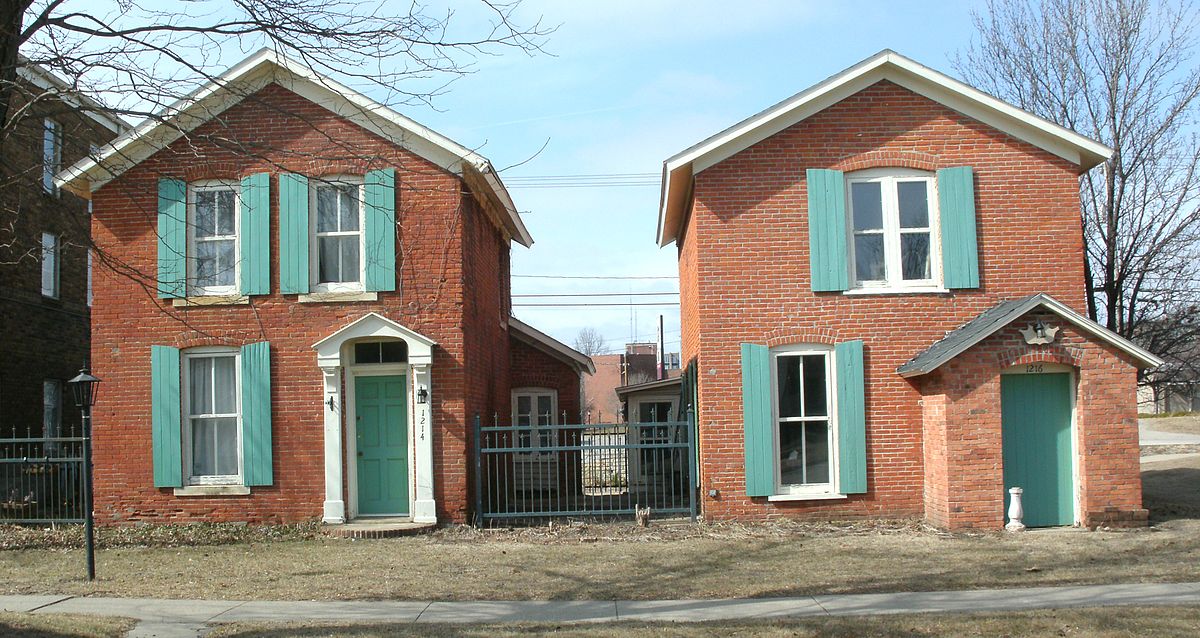By Dr. Celine Cuschieri Debono – Associate
- A servitude is a real right. This means that it is attached to the property itself and not the person owning that property. This carries with it important implications, namely that in case of transfer of property, the servitude stays with that property and does not die just because the property now belongs to someone else. Therefore, in the context of a new owner, if the property enjoys the servitude, it will keep enjoying it and if the property is burdened by a servitude, it will still be bound by it.
- For every dominant property there is a servient property. In the laws of physics, we learn that for every action, there is an equal and opposite reaction. The same applies to servitudes. In a servitude, you have one property which is dominant and one property which is servient. The former property is one enjoying the servitude, while the latter property is burdened by the servitude. Therefore, for one property to enjoy the servitude, this comes at the cost of another property.
- It can be created by law or contract. This dual relationship is what renders a servitude susceptible to an act of man. This means that a servitude can be formalised by means of a public deed. There are some servitudes that are created by law. For example, legal distances to be kept in construction, height of walls between fields, and the right of water passage. Servitudes created by law usually arise from the configuration of the two properties.
- It can be apparent or non-apparent. An apparent servitude is something that can be seen, for example, an aperture. A non-apparent servitude is something that is ‘invisible’, such as the obligation not to exceed a height limitation. The distinction between the two is not only academic. In the case of apparent servitudes, these can be acquired by means of acquisitive prescription. However, non-apparent servitudes, such as the ‘altius non tollendi’, can only be established by means of a title.
- It can be extinguished. Just because there was a servitude in the past, it does not necessarily mean that it will prevail. If the servitude can no longer be exercised, it is deemed to have been extinguished. However, if at a point the servitude can be exercised again, it will be revived. This is subject to the applicable extinctive prescriptive period. Indeed, another way for a servitude to be extinguished is if it is not used, thus triggering extinctive prescription. The prescriptive period is generally thirty years, but in the case of Government or Church property, it is forty years. A servitude can also be extinguished if the dominant and servient property become one property.
